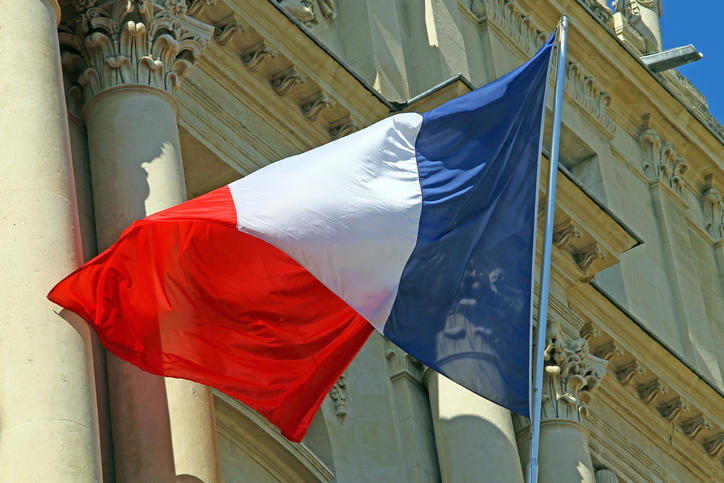
2020 Attractiveness Dashboard: strength of France’s assets
The dashboard of France's attractiveness for the year 2020 published in December confirms that France keeps its leading position as a host country for European investment as well as its pole position for research activities, despite a difficult context. The study also shows a true French attractiveness in terms of digital economy, fight against climate change and labour costs.
L’édition 2020 du Tableau de bord met d’abord en évidence « la solidité des atouts structurels de la France ». C’est le premier constat que tire Business France, l’agence nationale au service de l’internationalisation de l’économie française, dans sa présentation de la nouvelle édition de cet « outil d’aide à la décision ». Publié dans un contexte de crise sanitaire mondiale, cet outil est réalisé en partenariat avec le ministère chargé de l’économie et constitue une « grille de lecture objective de l’attractivité de la France ».
Au premier rang en Europe pour trois indicateurs
Avec 140 indicateurs, le Tableau de bord de l’attractivité rassemble en effet un ensemble de données économiques basé sur un comparatif entre 13 pays (11 pays européens plus les Etats-Unis et le Japon). Ces indicateurs soulignent la solidité économique de la France qui repose sur ses infrastructures, mais aussi sur d’autres secteurs tels que « les télécommunications, la productivité de ses salariés, le coût de l’électricité, ainsi que son potentiel de marché, grâce à la fois à sa position géographique en Europe et à la taille de son marché domestique ». Ce sont ces atouts qui ont notamment permis à la France d’atteindre le premier rang comme pays d’accueil des investissements européens, devant le Royaume-Uni et l’Allemagne. De la même façon, souligne encore Business France, dans la « nouvelle équation mondiale » qui pourrait désormais se dessiner, il est « particulièrement significatif » que la France soit également le 1er pays d’accueil des activités de recherche & développement en Europe mais également des investissements industriels.
Le plan France Relance dans un contexte de pandémie
Au-delà de ce premier constat, les concepteurs de ces indicateurs insistent sur le fait que la France « a démontré sa capacité à soutenir son tissu économique et à retrouver rapidement une croissance économique ». En effet, après le 1er confinement du début de l’année 2020, « le rebond de l’activité au 3e trimestre a été vif : +18,7 % contre +9 % pour les pays de l’OCDE ». Plus précisément encore, « la France a renforcé ses actions vers la transformation de son économie », avec notamment la mise en place du plan France Relance qui « mobilise des moyens exceptionnels pour le soutien à l’investissement, à l’innovation et à la modernisation de l’industrie ».
D’autres vecteurs d’attractivité
Plusieurs autres facteurs rendent aussi la France plus attractive. C’est le cas notamment dans trois domaines, tels que :
-
la digitalisation de l’économie. La France consacre 7 milliards d’euros au numérique et « détient à ce titre le taux de pénétration haut débit fixe le plus élevé des pays européens (44,1 abonnés pour 100 habitants) » ;
-
la lutte contre le changement climatique. La France se distingue par « l’originalité de son bouquet énergétique » : elle est le 2e producteur d’énergies renouvelables et moins de 10% de la production d’électricité est issue de « moyens décarbonés » ;
-
le coût du travail. Les réformes entreprises ont permis un net infléchissement depuis 2013 : le « coût de la main d’œuvre a augmenté moins rapidement en France que dans la moyenne de la zone euro » (+9,8 % en France contre + 14,4 % en zone euro).
Et Busines France de conclure, au vu de nombreux autres paramètres, que « dans la période d’incertitude créée par la pandémie et ses conséquences économiques, la France est aujourd’hui mieux positionnée pour rassurer les investisseurs internationaux ».
Related contents
Recommended News




















































